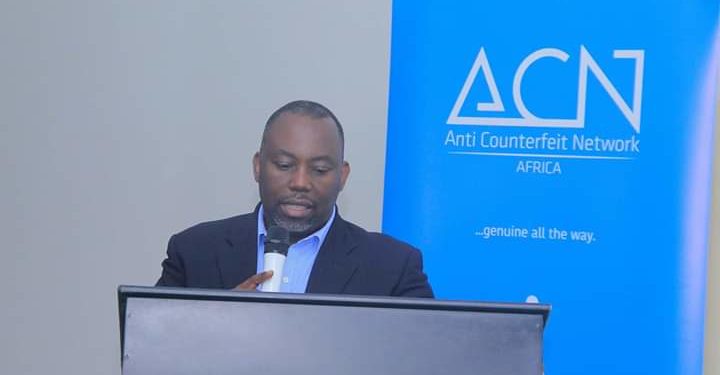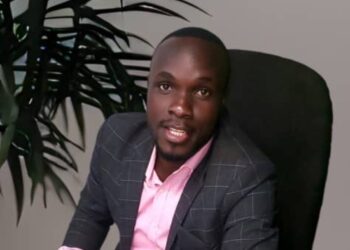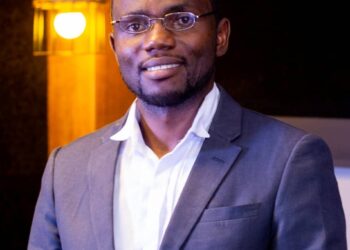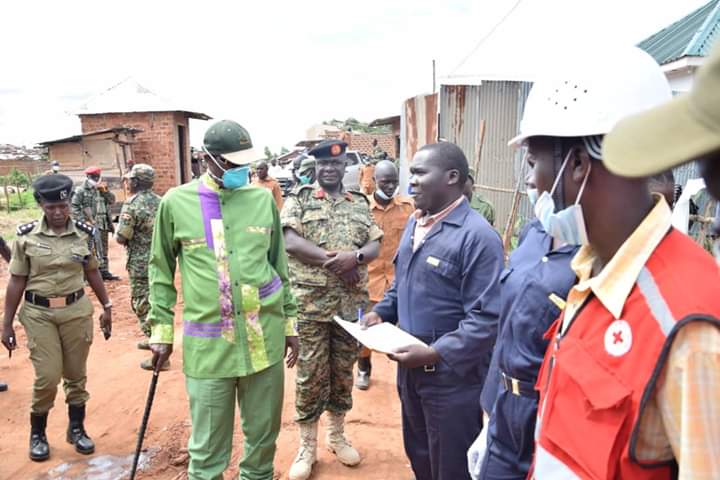A story is told of a Jewish man called Lesous who was approached by a crowd of mourners. A girl had just died in their village.
As soon as Lesous arrives at the poor girl’s house, he commands all the mourners to “Get out!” before he adds these famous words;
“The girl isn’t dead; she’s only asleep.”
Mathew, the author of the story is quick to add;
“But the crowd laughed at him.”.
When Lesous said ‘she is not dead but sleeping’, no one among the Jews understood him yet he said those words in Hebrew.
Lesson #1: Just because we speak the same language doesn’t mean we understand the same way. How much more misunderstanding is likely to arise when we speak about the same thing but in different languages.
What do I mean?
‘Sleeping’ in Luganda is ‘okwebaka”. [I wonder what it is in your mother tongue – notice Mother and not Father language].
In Luganda, the etymology of the word ‘okwebaka’ is okubaka (to stop something from falling). ‘Okwebaka’ therefore will mean “a state in which you kwebaka – stop yourself from falling or the state in which you suspend yourself between being unconsciously alive and death”.
Therefore if we use the Luganda understanding of sleep, I can understand both Lesous’ statement about the sleeping girl and his action of waking up another sleeping man Lazarus (eyali yebase but closer to death than to waking up) with a precisely calibrated loud voice that startled him back to waking as opposed to falling deeper down into absolute death (if you like).
With that in mind, you are right to ask “how does this relate with the heading of your article?”.
Both those who mourn Africa and those who donate ‘mabugo’ to Africa as aid do so because they think – and wish to make us believe that – Africa is dead.
Do you have a story in your community or an opinion to share with us: Email us at editorial@watchdoguganda.com













